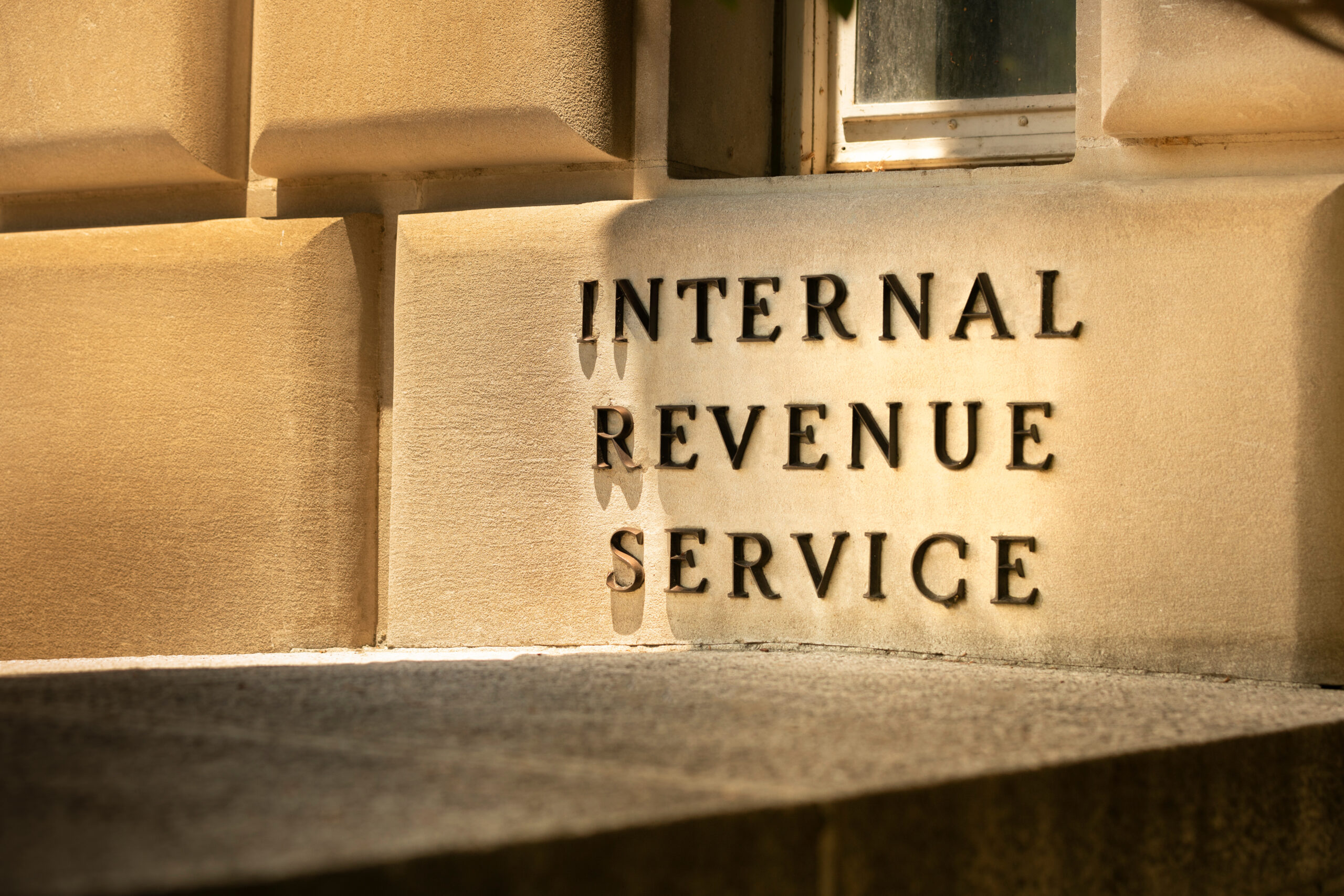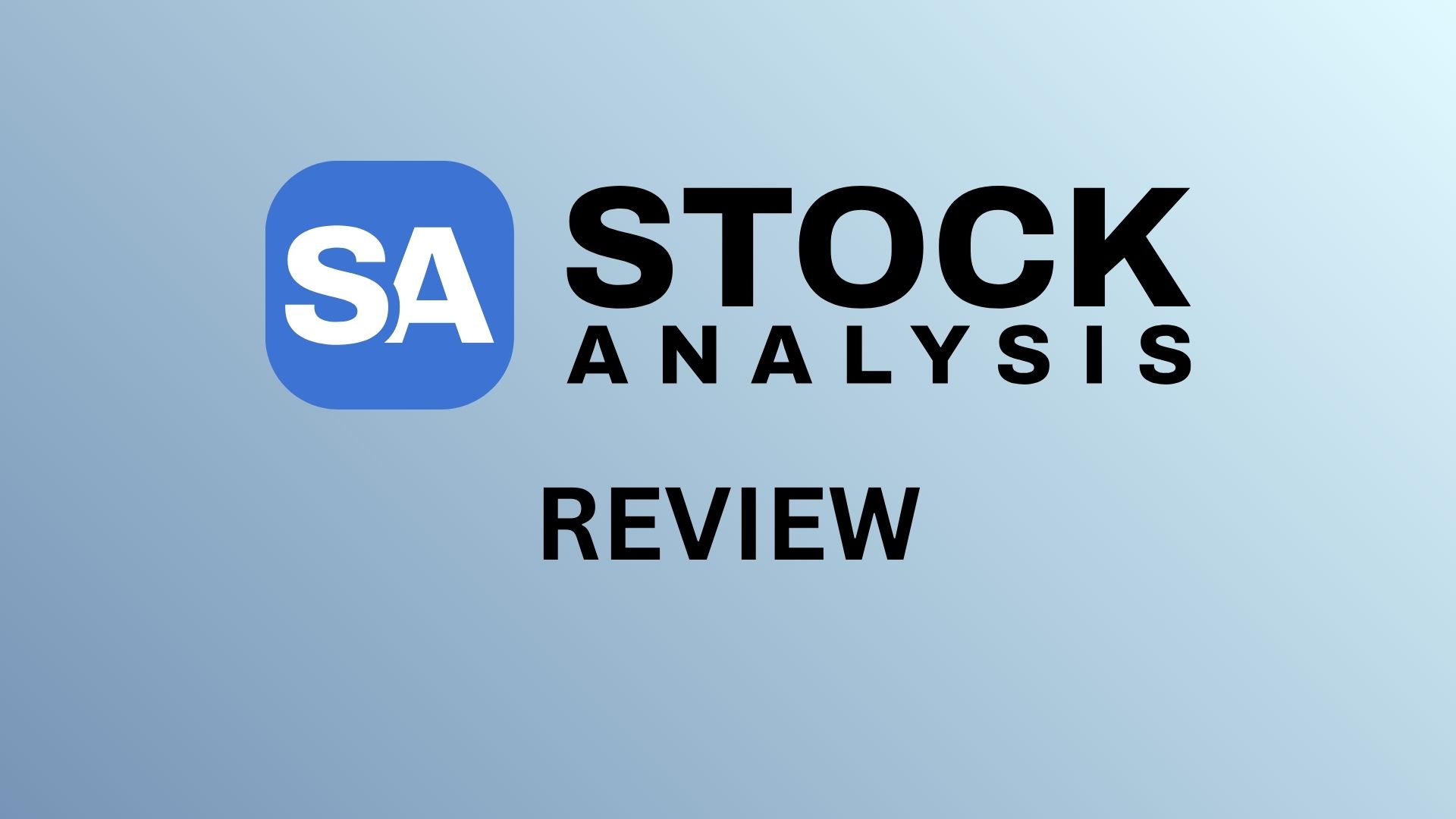Business owners facing cash flow challenges sometimes look to available funds to keep operations running. When those funds include employee tax withholdings that should be remitted to the IRS, the IRS has a number of tools at its disposal to recover the withheld but un-remitted funds.
For the most part this includes pursuing the business owner and those operating the business and imposing a trust fund recovery penalty. This makes the owner and operators personally liable for the missing payroll tax payments. The IRS can then collect against the owner and operators’ personal assets. This is usually all the IRS does to recover these un-remitted taxes.
But what about income taxes? When a business owner uses withheld taxes for business expenses instead of remitting them to the government, does this create a separate taxable event? The IRS Office of Chief Counsel memorandum (POSTS-117751-22) dated August 12, 2024, addresses whether diverted trust fund taxes constitute taxable income to the individual who diverts them. If this does create a personal income tax liability, it means the IRS may be entitled to recover the diverted amounts once through the trust fund recovery penalty mechanism, again through an income tax assessment on the same funds, and again on a criminal restitution order on the same funds.
Facts & Procedural History
To illustrate the issues addressed in the memorandum, let’s consider a hypothetical scenario.
Say John owns a single-member LLC with annual revenue of $500,000. The business has several employees with quarterly payroll of $100,000, from which $20,000 in federal income taxes, Social Security, and Medicare taxes are withheld. During a difficult quarter when a major client delays payment, John uses the $20,000 in withheld taxes to pay business rent, vendor invoices, and purchase needed equipment instead of remitting those funds to the IRS.
This seems to be a typical fact pattern that could have prompted the memorandum by the IRS. As noted above, the memorandum provides legal advice regarding the application of income taxes to diverted trust fund taxes.
Trust Fund Taxes Under Section 7501
With this in mind, we can consider the rules. Section 7501(a) of the tax code provides the legal framework for trust fund taxes. It states that whenever a person is required to collect or withhold any internal revenue tax from another person and pay it over to the United States, “the amount of tax so collected or withheld shall be held to be a special fund in trust for the United States.”
These so-called “trust fund taxes” include income taxes, Social Security taxes, and Medicare taxes that employers withhold from employee wages. These withheld amounts never belong to the business—they are effectively government property from the moment they’re withheld, with the employer merely acting as a custodian.
Why does this matter? The status of these funds as trust property forms the foundation for understanding the tax treatment of their diversion. When a business owner like John in our example diverts these funds, he’s not simply reallocating business assets but taking control of money that legally belongs to the government.
The Trust Fund Recovery Penalty
The primary enforcement mechanism for diverted trust fund taxes is the Trust Fund Recovery Penalty (“TFRP”) under I.R.C. § 6672. This section of the tax code provides that any person required to collect, truthfully account for, and pay over these taxes who willfully fails to do so is liable for a penalty equal to the total amount of the unpaid taxes.
The TFRP applies to “responsible persons” who willfully fail to remit withheld taxes. A responsible person generally includes officers, directors, owners, or anyone with significant control over a company’s finances. The “willfulness” requirement is satisfied when a responsible person knows the taxes are due but pays other creditors instead.
In John’s case, as the owner of the single-member LLC who deliberately used the $20,000 in withheld taxes for business expenses, he would likely qualify as a responsible person who acted willfully. The IRS would likely assess the full $20,000 as a TFRP against him personally. The IRS may also try to assess the penalty against anyone else at the business who could have saw to it that the taxes were paid–the business bookeeper, business manager, or even John’s absentee co-owner wife.
Unlike many penalties, the TFRP is not a percentage-based penalty but rather equal to 100% of the unpaid trust fund taxes. It’s also important to note that this is not technically a “tax” but a penalty, though the practical effect is the same—it creates personal liability for the business owner. The IRS can collect this penalty by levying bank accounts, seizing assets, and taking other collection actions against the responsible person’s personal property.
What Makes Diverted Trust Fund Taxes Income?
This brings us back to income taxes. Section 61(a) of the tax code defines gross income broadly as “all income from whatever source derived.” This sweeping definition has been interpreted by the Supreme Court to include “all accessions to wealth clearly realized, and over which the taxpayers have complete dominion.”
When looking at diverted trust fund taxes through this lens, the parallel to embezzlement becomes apparent. In both cases, an individual takes control of funds that legally belong to someone else. The memorandum explains that “when a taxpayer acquires earnings, lawfully or unlawfully, without the consensual recognition, express or implied, of an obligation to repay and without restriction as to their disposition,” the taxpayer has received income.
But if John in our example uses the diverted funds for business expenses rather than personal use, would this still create personal income? According to the memorandum, the answer is definitively yes.
The memorandum relies on James v. United States, a landmark 1961 Supreme Court case that established embezzled funds as taxable income. In James, a union official embezzled money from his employee union and an insurance company, then failed to report these amounts on his tax returns.
Embezzlement is defined as the “fraudulent appropriation of property by a person to whom such property has been entrusted.” The Court held that these embezzled funds constituted taxable income in the year of embezzlement, rejecting the argument that such unlawful gains should receive special tax treatment. There have been a number of court cases that address the income tax treatment of misappropriated funds.
How does this apply to John’s situation with the diverted payroll taxes? The memorandum draws a direct parallel between embezzlement and Trust Fund Recovery Penalty situations. In both scenarios, an individual takes control of property that legally belongs to another. When John diverts the $20,000 in trust fund taxes to pay business expenses, he’s exercising control over government funds, creating an “accession to wealth” under Section 61.
Does The Use Of Diverted Funds Matter?
A key question for taxpayers like John is whether using diverted funds for business purposes rather than personal expenses affects the tax treatment.
The memorandum addresses this directly by citing cases where courts have consistently held that the use of diverted funds is irrelevant to their characterization as income.
In Walters v. Commissioner, the taxpayer embezzled $9.7 million from clients’ employee benefit trusts and used most of the money to keep his business afloat. The Tax Court found that “embezzlement creates a taxable event, regardless of the income’s final destination.” The focus remained on the act of diversion, not how the funds were ultimately used.
Similarly, in Leighton v. Commissioner, the court didn’t distinguish between diverted funds used for personal expenses versus those reinvested in the business. The controlling factor was that the individual had taken control of funds that belonged to others.
For John in our example, this means that even though he used the $20,000 in withheld taxes exclusively for business purposes, he would still have $20,000 in personal taxable income from the diversion.
How Does This Affect Pass-Through Taxation?
For small business owners operating as sole proprietors or through pass-through entities like John’s single-member LLC, the tax implications can be quite complex.
Consider how this plays out on John’s income tax return:
The LLC reports $500,000 in gross revenue
The LLC deducts the $100,000 in gross wages paid to employees
After other business expenses, let’s say the LLC shows $150,000 in net profit
The $150,000 passes through to John’s personal return as business income
Additionally, John must report the $20,000 in diverted trust fund taxes as separate personal income
This creates a situation where John’s personal taxable income is $170,000, even though the business only generated $150,000 in actual profit. The additional $20,000 represents an “accession to wealth” from taking control of government funds, even though those funds were used for business operations.
The memorandum acknowledges that “depending upon the circumstances, if the individual repays the diverted trust fund taxes, they may be entitled to a deduction in the year of repayment.”
This follows the principle established in James, where the Supreme Court recognized that a taxpayer may be able to deduct embezzled funds in the years repayments are made. The memorandum cites several cases providing potential guidance:
Senyszyn v. Commissioner: Repayments to a victim of embezzlement should be credited against the perpetrator’s taxable income for the year.
Walters v. Commissioner: Some embezzler’s repayments were considered expenses of the illegal activity and ineligible for deduction because they helped to perpetuate the fraud.
Shipley v. Commissioner: Gift taxes paid on embezzled funds were not deductible against the embezzled funds.
If John later pays the $20,000 in trust fund taxes (perhaps after being assessed the Trust Fund Recovery Penalty), he might be able to claim a deduction in the year of repayment. However, the memorandum suggests this determination depends on specific circumstances, leaving uncertainty about when such deductions would be allowed.
What Are The Potential Enforcement Implications?
The memorandum clearly states that diverting trust fund taxes can trigger multiple enforcement actions:
Income tax liability and various civil penalties for failing to report the diverted taxes as income
The Trust Fund Recovery Penalty under I.R.C. § 6672 for responsible individuals
Potential criminal prosecution under I.R.C. § 7202 for willful failure to collect or pay over tax
For John, this means he could face three separate financial consequences: income tax on the $20,000 (plus penalties if he fails to report it), the original $20,000 trust fund recovery penalty, and potential criminal charges if the diversion was willful.
These multiple layers of liability significantly increase the stakes for clients facing cash flow problems. A business owner who views using withheld taxes as merely delaying payment to the government may not realize they’re creating a separate taxable event that compounds their overall liability.
With that said, as a practical matter, in nearly 20 years of tax practice, I have never seen the IRS even propose to assess income tax on un-remitted funds. The IRS does commonly impose trust fund recovery penalties. However, this is typically done by an IRS revenue officer in the collection function. The revenue officer would likely not be able to assess an income tax. They would, presumably, need to bring in an IRS agent from the examination function for this purpose. And even then, the statute for the income tax assessment may have already passed. Meaning, the IRS may have already missed the time period for assessing the income tax in many cases.
The Takeaway
The IRS’s position on diverted trust fund taxes creates a significant risk beyond the trust fund recovery penalty. Business owners who use withheld employee taxes to cover operating expenses aren’t just delaying payment of a tax obligation—they may be creating personal taxable income that has to be reported on their individual returns. This creates a compounding effect where the same diverted funds trigger multiple tax liabilities: the original trust fund recovery penalty, income tax on the diverted amount, and potential penalties for failing to report that income. While the memorandum acknowledges the possibility of deductions for repayments, the uncertainty surrounding when such deductions would be allowed further complicates an already perilous situation for business owners facing cash flow challenges.
Watch Our Free On-Demand Webinar
In 40 minutes, we’ll teach you how to survive an IRS audit.
We’ll explain how the IRS conducts audits and how to manage and close the audit.




























